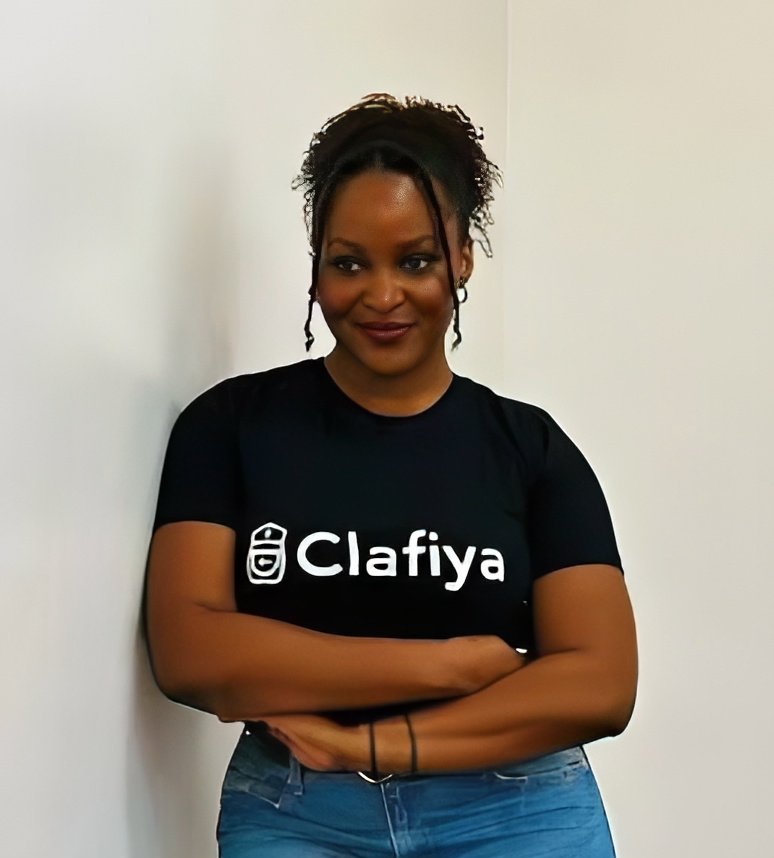For many Nigerians, especially those in rural areas, healthcare is inaccessible. A simple fever can become life-threatening, not because the illness itself is untreatable but because getting medical attention is often impossible. Jennie Nwokoye set out to solve this challenge with Clafiya, a health-tech startup redefining what it means to bring healthcare home.
An estimated 253,000 Nigerians die each year because they cannot access the necessary medical care. This figure surpasses the 123,000 deaths due to poor quality healthcare. Hospitals are scarce, clinics are miles away, and even when there’s a health centre nearby, long queues and overworked staff make quality care a luxury. For some, the transport cost alone is enough reason to stay home and hope for the best. Others rely on self-medication or traditional remedies out of necessity.
Founding Clafiya
For Nwokoye, the healthcare crisis in Nigeria was personal. In 2000, she moved to Nigeria with her family for the first time. Two of her siblings had chronic health conditions, and they quickly realised that accessing quality healthcare was far more complicated than they had ever imagined. They didn’t know where to go, how to navigate the system, or whom to trust. The referrals they received were subpar, and the frustration of finding reliable care became exhausting.
After five years, her family moved back to the U.S., but the experience stuck with her. When she returned to Nigeria as an adult in 2016, she was struck by the harsh truth that nothing had changed. The same challenges she and her family had faced over a decade earlier were still prevalent as many still lacked access to the needed healthcare.
That realisation sparked a desire to help. That led to the founding of Clafiya.
Building accessible healthcare for Nigerians
With degrees in Biomedical Sciences, Medical Science and Technology, and Systems Engineering, Nwokoye had the expertise to engineer a solution. She had worked at Procter & Gamble and Amazon Web Services, but deep down, she knew her true mission was to fix Africa’s healthcare system. That passion and her sharp engineering mindset make Clafiya’s blueprint for healthcare in Africa different.
Founded in 2021, Clafiya started operations in Enugu before expanding to Lagos. The startup connects people with community health workers (CHWs) for home-based and virtual care, cutting through barriers like distance, long wait times, and high costs by bringing healthcare to the patient instead of vice versa.
With Clafiya, you don’t need an internet connection or a smartphone to access care. A simple USSD code lets you book a consultation, get a health checkup, and receive medicine at your doorstep. This approach makes primary healthcare affordable, accessible and trusted.
As Clafiya grew, so did its understanding of healthcare’s deep financial strain on Nigerians. Many people were forced to choose between their health and their finances. Fueled by this insight, Clafiya introduced Nigeria’s first Health Savings Accounts (HSAs), allowing individuals to save, earn interest, and access healthcare when needed, without financial stress.
As of 2023, Clafiya has connected over 3,000 Nigerians to healthcare services, created jobs for community health workers, achieved 15% month-on-month revenue growth
and raised $610,000 in pre-seed funding from investors, including Norrsken Accelerator and Hustle Fund
The platform is gearing up to expand into Ghana and other African countries, bringing its affordable, home-based primary care model to even more communities.



